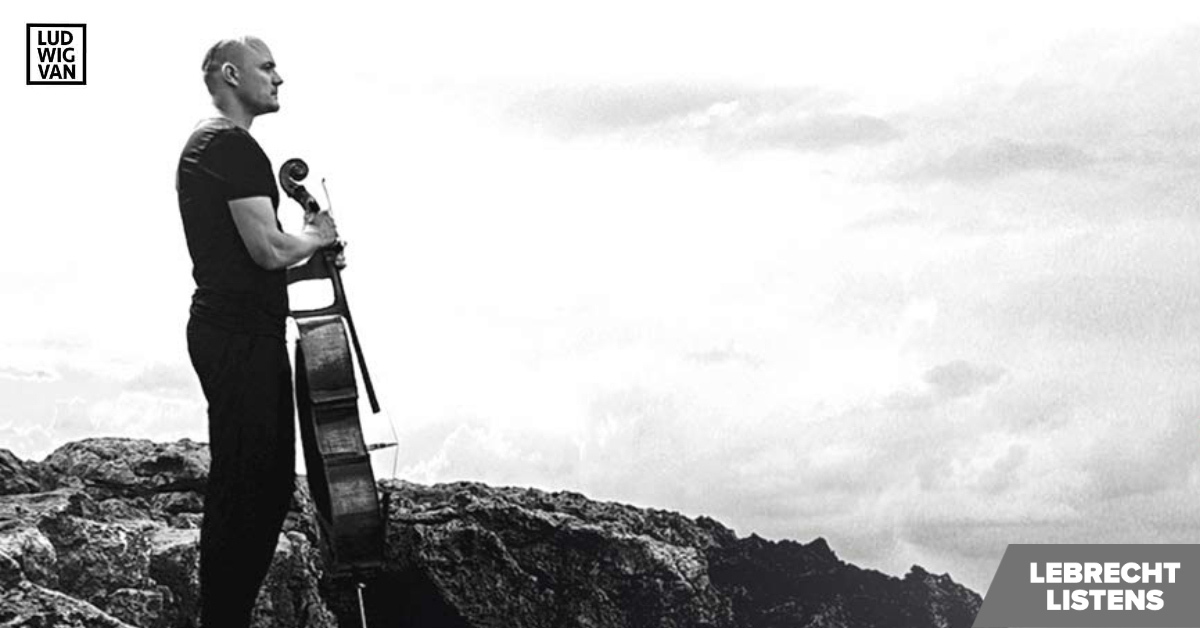
Nikolai Kapustin, Alfred Schnittke: Cello Concertos (Capriccio)
★★★★★
🎧 Amazon | Apple Music
In the latter years of the Soviet Union, a composer could be cast out by the system and still sustained by it. Alfred Schnittke, when his symphonies were removed from performance, was given commissions to write music for the film industry by the Composers Union chief Tikhon Krennikov, the very apparatchik who had ordered the ban on his symphonies.
Nikolai Kapustin, who wrote disapproved jazz scores, was for much of his career the resident pianist of the main symphony orchestra of Moscow Radio, an ensemble which occasionally agreed to perform his non-socialist works, only to refuse at the last moment. This two-faced Janus of a state bred an extraordinary resilience and versatility in its composer citizens.
Kapustin, who died last month aged 82, wrote jazz in a 1950s boogie style, rhythmically infectious and, at the same time, detached from his own reality. The first cello concerto, written as he turned 60, is a vision of what Moscow might have been like if it switched places with Manhattan. The central Largo movement positively steams with summer blues and the 24-minute work as a whole races by so fast you will want to play it again as soon as it’s over.
Schnittke’s first concerto, written in 1986 and premiered in Munich by Natalia Gutman, was composed as he recovered from a stroke — ‘I was three times offered a view of the hereafter’. Reflective in parts, strongly influenced by Alban Berg, the concerto is anything but sombre and the cello line is clearly the composer’s voice, with the orchestra functioning as a backdrop of mass society. Or not: Schnittke liked to fool officialdom and play games with his listeners. In the 21st century his music has largely fallen off the world menu. It will be back.
In this revival the German cellist Eckart Runge — once of the Artemis Quartet — gives a breathtaking account of the two concertos, full of passion and lyricism, musical advocacy at its very best. Frank Strobel conducts the excellent Berlin Radio Symphony Orchestra. I can imagine Kapustin in the background, smiling at his piano.
To read more from Norman Lebrecht, follow him on Slippedisc.com.
Norman Lebrecht’s new book Genius and Anxiety is available now.
#LUDWIGVAN
Want more updates on classical music and opera news and reviews? Follow us on Facebook, Instagram or Twitter for all the latest.
- LEBRECHT LISTENS | Two Releases Of Elgar Symphonies To Compare - April 19, 2024
- LEBRECHT LISTENS | Jordan Bak’s Cantabile For Viola Reveals The Neglected Instrument’s Beauty - April 12, 2024
- LEBRECHT LISTENS |David Robert Coleman & The Berlin Radio Symphony Orchestra Reveal The Charms Of Walter Kaufmann - April 5, 2024



